what’s your story?
We need your help to change common perceptions of dry eye.
All we ask for is:
Your story (in written, audio, or video format)
An original photo that represents or accompanies your story
Explore tags
- accutane
- adaptation
- anxiety
- aqueous deficient dry eye
- Blepharitis
- blepharospasms
- BostonSight
- career
- cataract surgery
- cautery
- chronic pain
- community
- computer
- conjunctival chalasis
- contact lens use
- cornea transplant
- corneal hyperalgesia
- corneal ulcer
- courage
- depression
- diet
- doctor
- doctor-patient relationship
- dry climate
- ebmd
- eczema
- Exercise
- experimentation
- eye infection
- facial paralysis
- family
- floaters
- fucithalmic ointment
- greater occipital neuralgia
- heyedrate
- hope
- hormones
- improvement
- inflammation
- insurance
- invalidation
- IPL
- isolation
- journal
- keratitis
- keratoconus
- laserfit
- lasik
- LASIK
- lenses
- life impact
- lifestyle modification
- light sensitivity
- lows
- Make up
- meibomian gland orifice obstruction
- mental health
- MGD
- misdiagnosis
- moisture retention eyewear
- myopia
- no makeup
- ocular rosacea
- Online research
- outdoors
- pain
- pain SLK
- pandemic
- periductal fibrosis scar tissue
- plugs
- pregnancy
- PRK
- probing
- probiotics
- PROSE
- prozac
- radiation
- RCE
- red eyes
- RGPs
- rosacea
- routine
- sclerals
- scratchy eyes
- shampoo
- sjögren's
- social interactions
- soft lenses
- suicidal ideation
- superficial ocular hyperemia
- supplements
- support groups
- surgery
- treatment plan
- trial and error
- under 30
- work
“It took so long to find what worked for me, but finally getting my life back was possible by being my own advocate, support from family and friends, and not giving up, no matter how bad things were.”
It's about being seen.
All too often, those of us who suffer from chronic dry eye do not feel seen. Trying to communicate what chronic dry eye is like can feel futile – whether in conversation with loved ones or co-workers or, frustratingly, during an appointment with our eye doctors. There is a conglomeration of factors that conspire to make dry eye an isolating experience for us – some, of course, overlapping with the experiences of other invisible chronic diseases, but others that are specific to eye diseases or specific to dry eye itself. In fact, one of the worst barriers to understanding is the very name of the disease. "Dry eye" is an inaccurate, trivializing misnomer that inhibits rather than assists us in communicating what is wrong and how seriously our lives are affected.
So, we congregate online, forming communities in Facebook groups and forums where we can connect with others who share our experiences, who "get" it. We trade tips on home remedies, we seek out recommendations of specialists, we sympathize with each other in the various challenges we face at home, at work, at school, driving, reading, using a computer, attending special events, traveling, or trying to just get a good night's sleep.
But even in our communities, we remain, collectively, unseen. To our loved ones, our experiences often remain, a mystery . To our eye care professionals, it may sometimes seem as though we walk in the door as a pair of disembodied eyeballs with a low tear film break-up time, high osmolarity and some blocked glands. And to the industry, we feel like a demographic and a potential profit center. But the reality of our experiences remains invisible.
That's why we saw a need for Our Dry Eye Stories.
Read about our vision for the project here.
“I am now in my 70’s. I lead a normal life, normal within the limits of someone who will always have dry eyes. There is no cure, but there is help. I’ve worn my PROSE lens for nearly 4 years. Three years ago I finished my memoir and presented it to my family for Christmas. It’s been quite a journey.”
who we are
Rebecca Petris
Aidan Moore
Aidan Moore is a founding member of the Dry Eye Foundation. The visionary for this project, he sees oral history as a powerful way to counter institutionalized medical narratives with subjectivity and lived experience. He designs and maintains this site along with editing and receiving submissions.
Rebecca Petris, founder and executive director of The Dry Eye Foundation, has been advocating and writing for dry eye patients ever since she developed dry eye and eye pain from LASIK eye surgery in 2001.




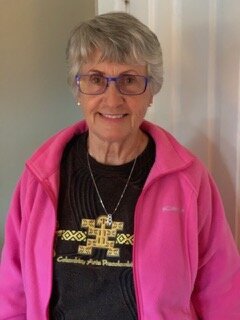


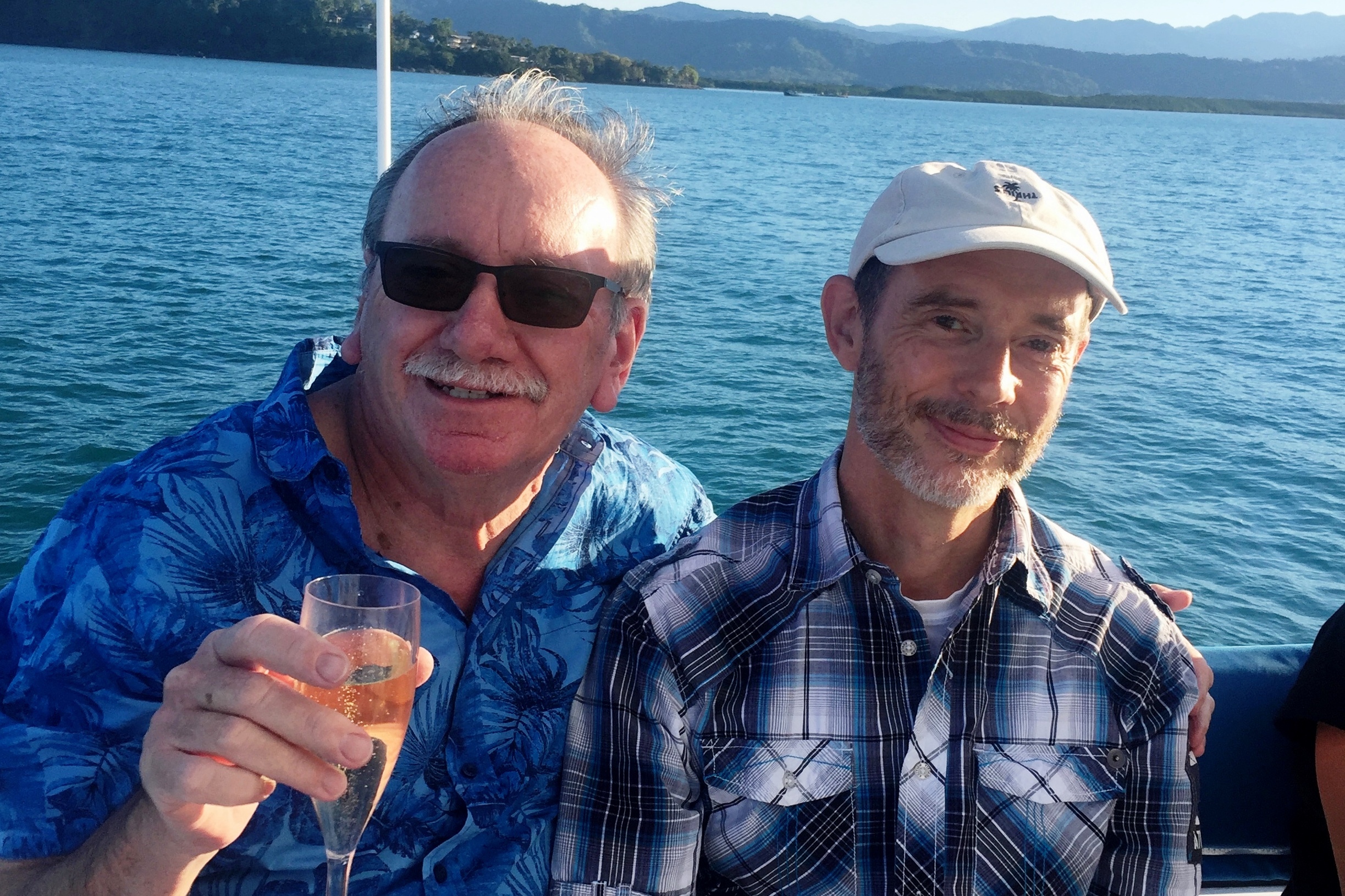
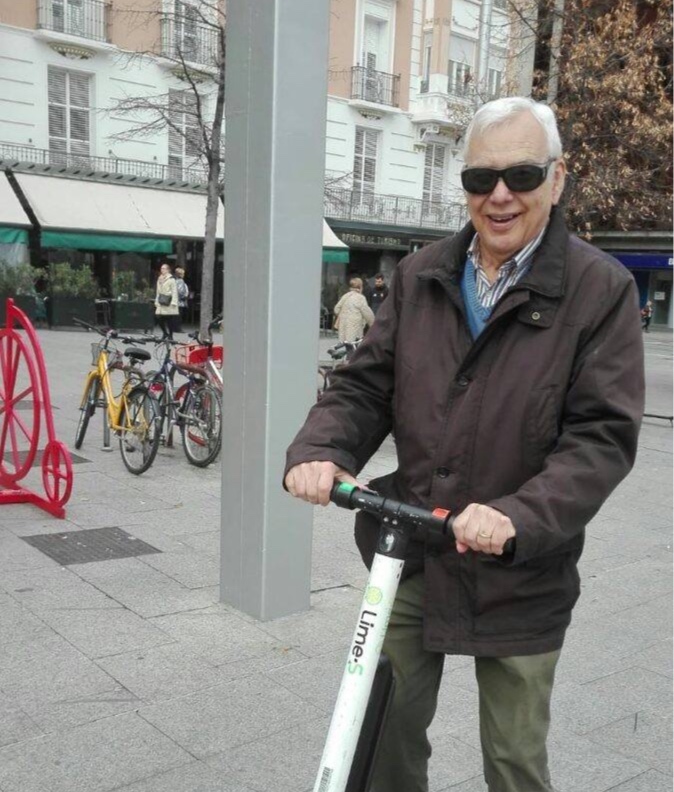
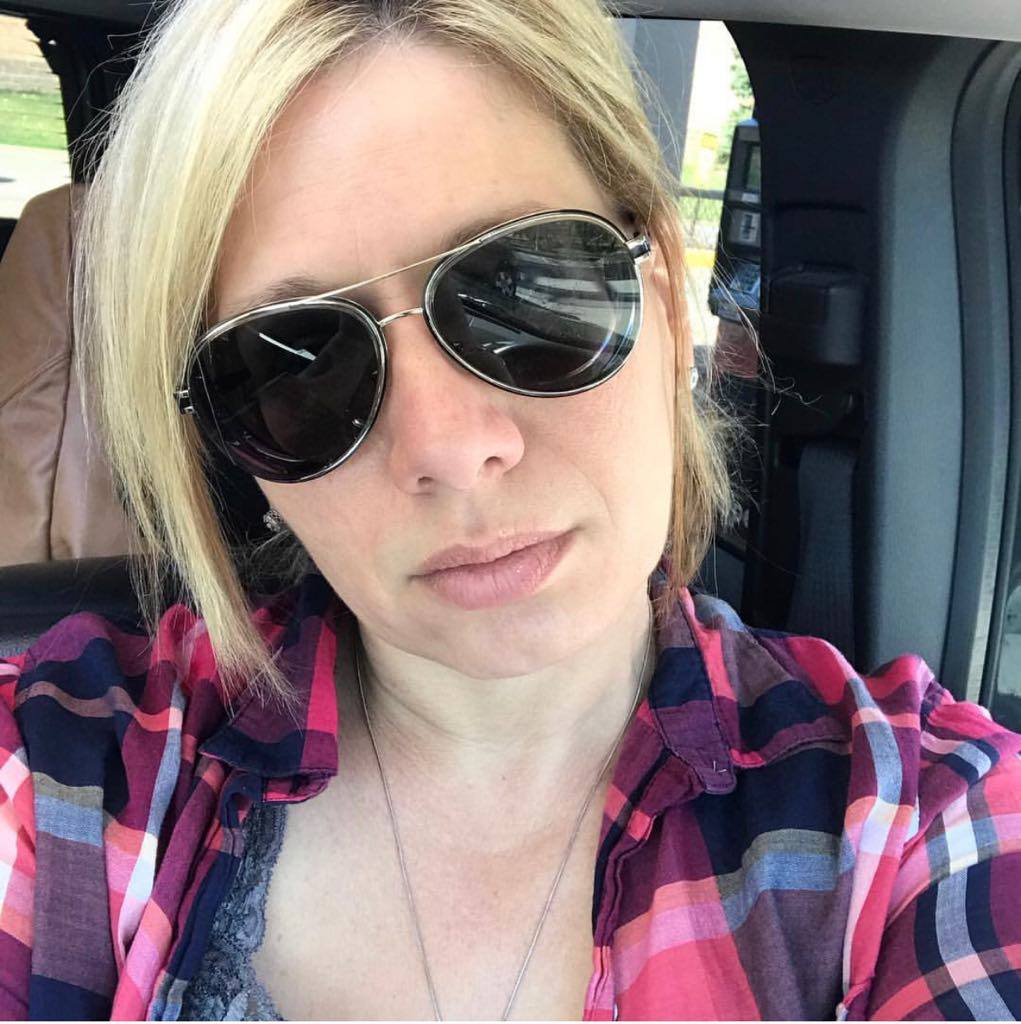

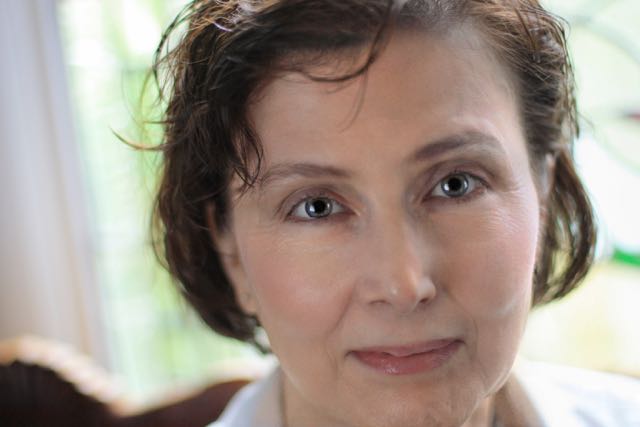

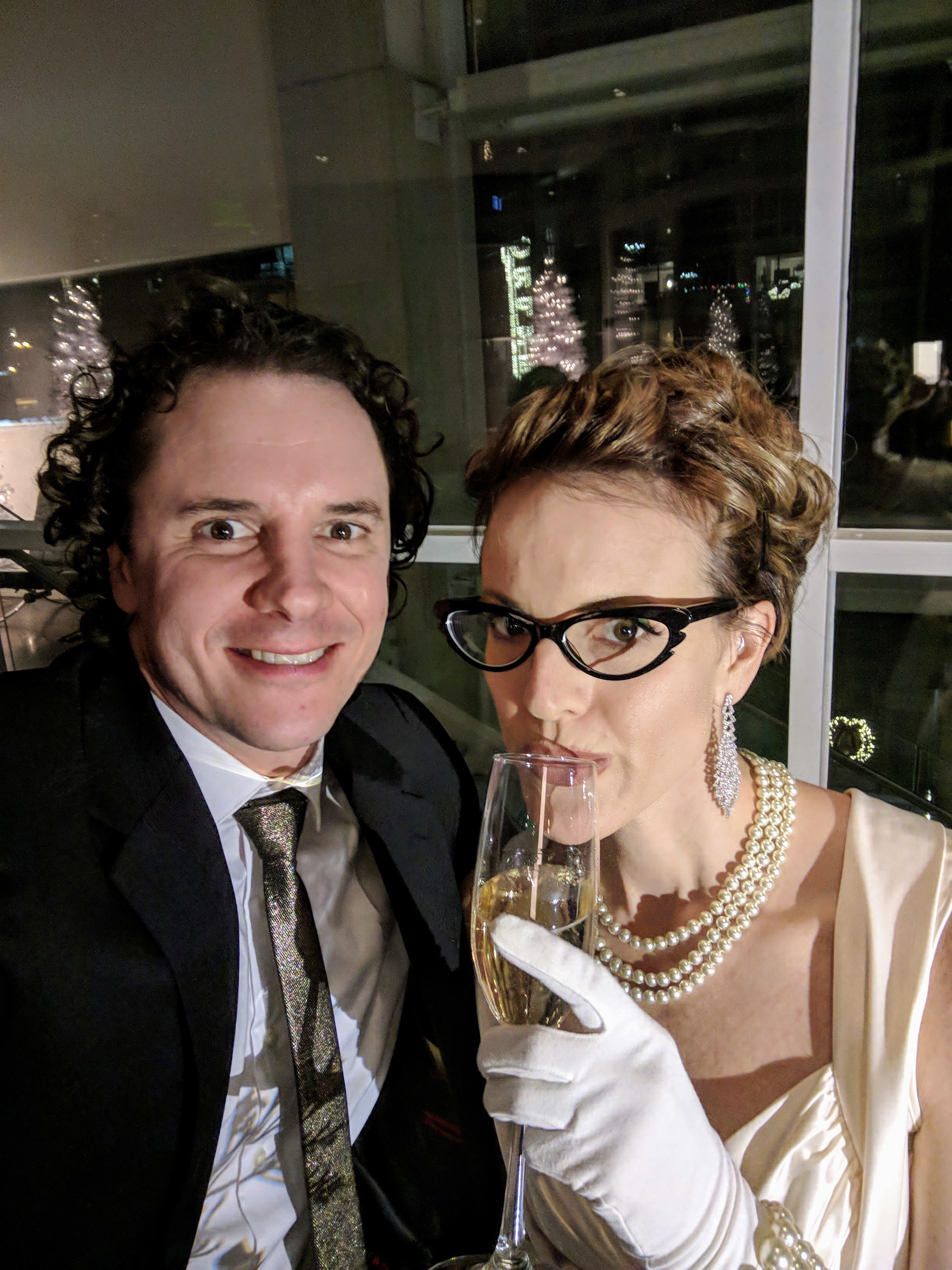


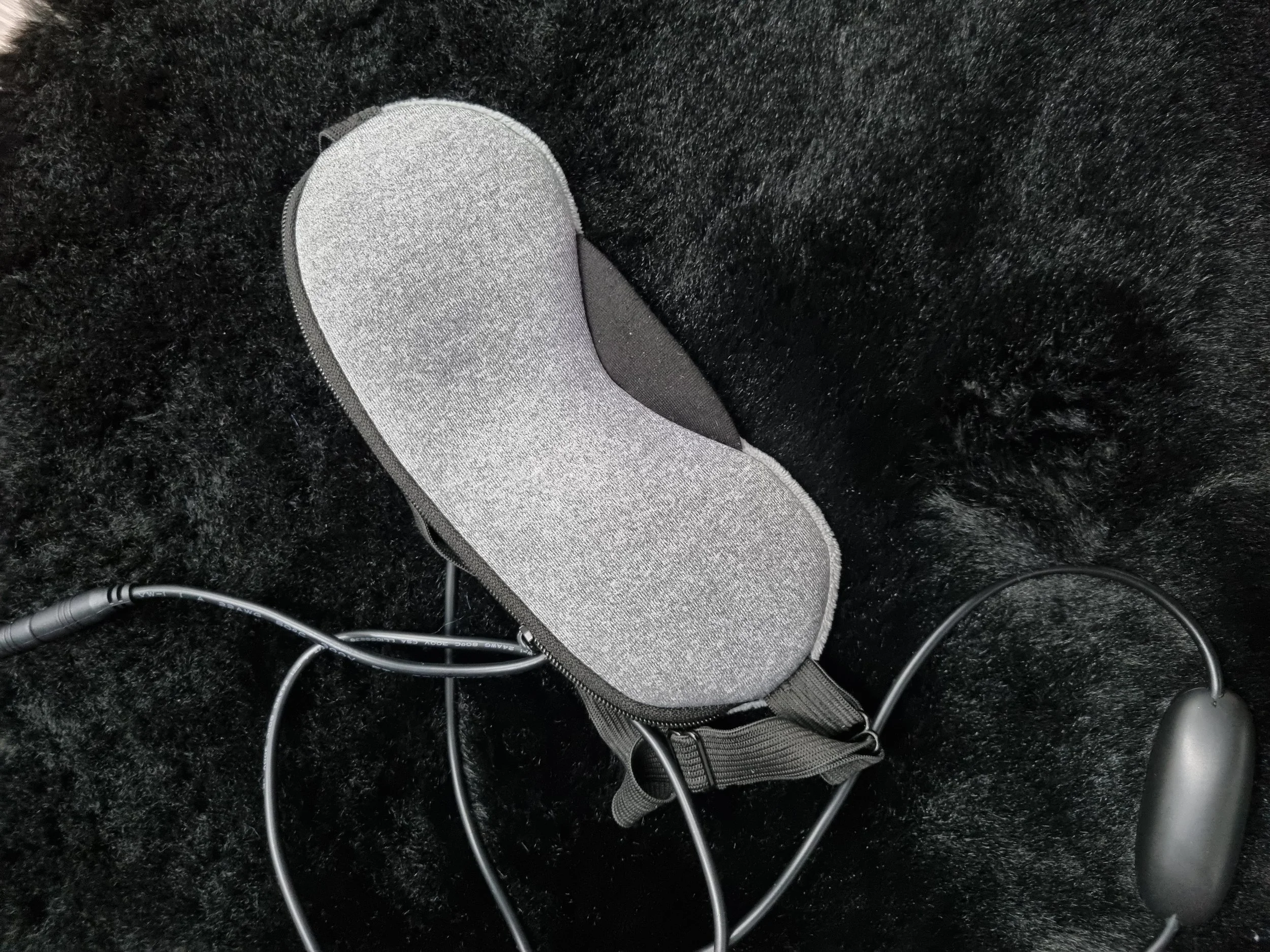
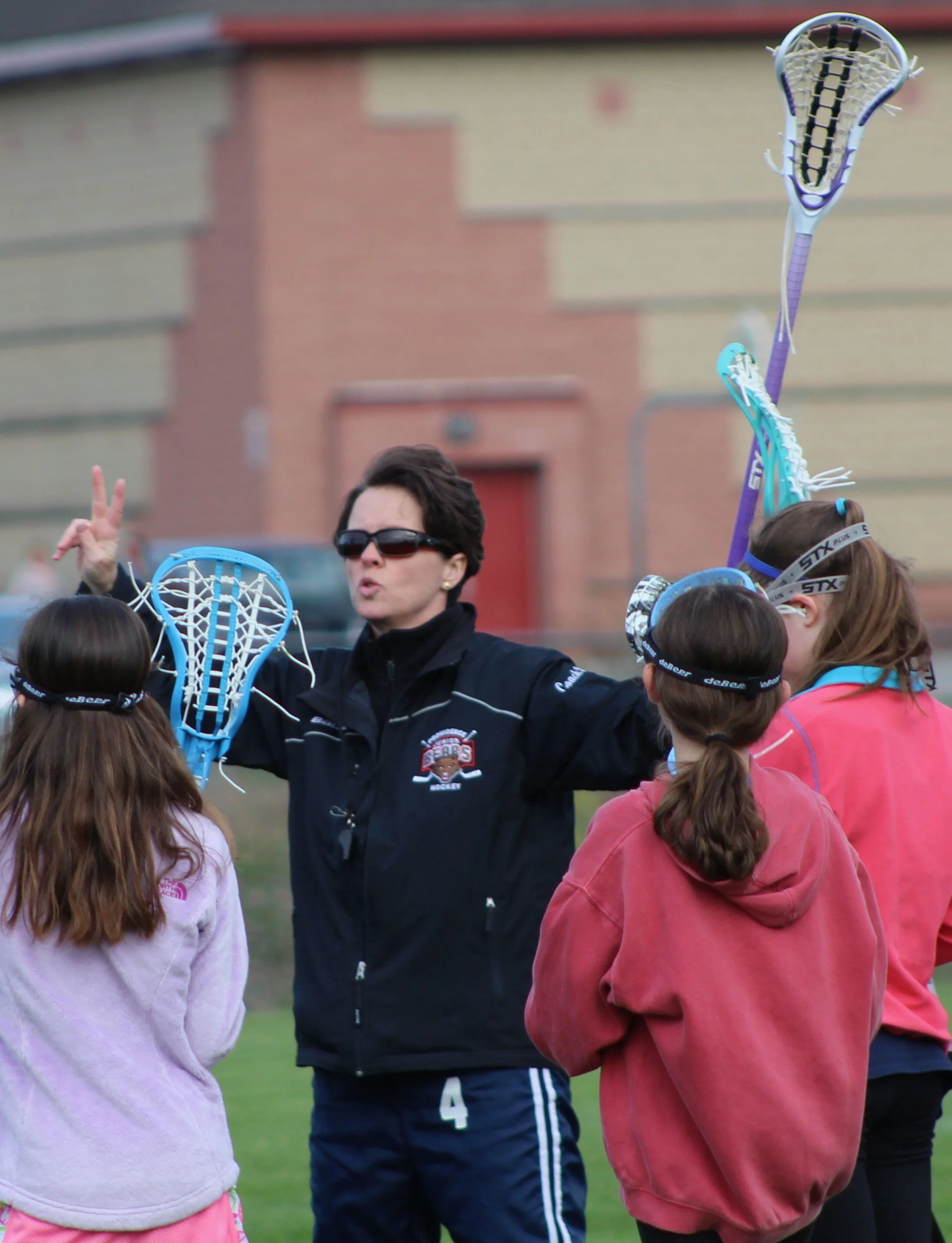
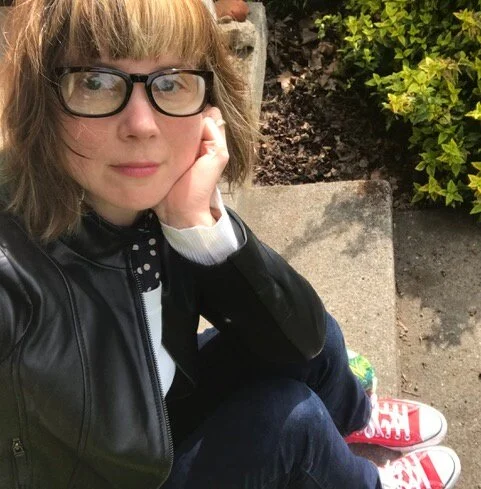
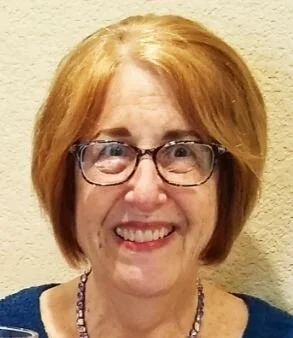
















OVY recounts her trouble finding the right doctor and how her ocular rosacea and MGD symptoms took a toll on her during the pandemic. Luckily, with the help of her husband, her corneal specialist and others, she’s doing much better.